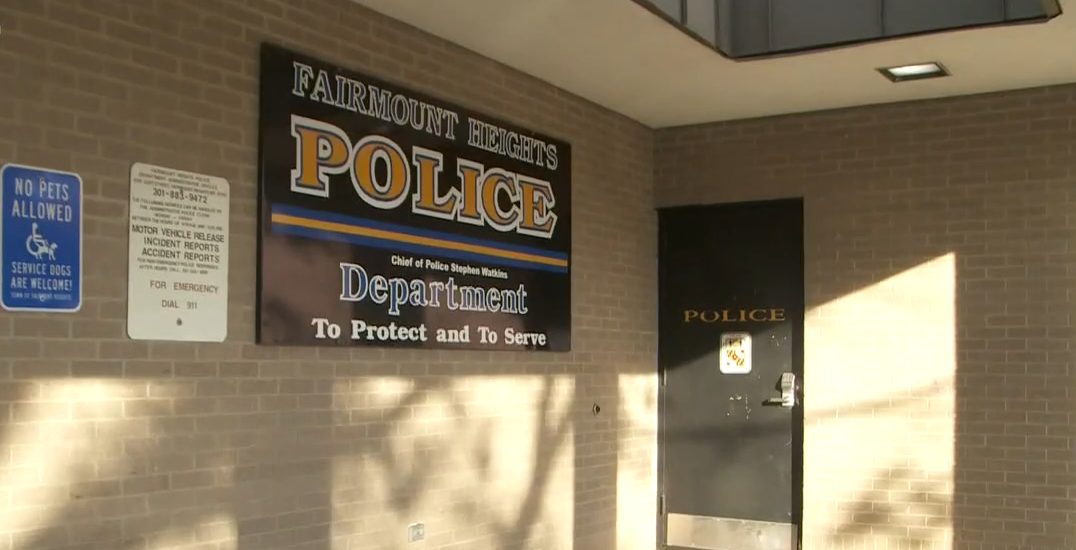[Brazil Politics}
Ana Carolina Lourenço: “When she was murdered, the Black women’s movement dealt with this collective trauma by turning it into institutional political action.”
Photo: Mídia Ninja\Wikimedia Commons
Photo: Midia Ninja\Wikimedia Commons
Black Brazilian women are running for political office at unprecedented high rates in this year’s election in opposition to Brazil’s right-wing President Jair Bolsanaro. This newfound political engagement started with the 2018 assassination of feminist politician Marielle Franco, shown above.
“When she was murdered, the Black women’s movement dealt with this collective trauma by turning it into institutional political action,” says Ana Carolina Lourenço, co-founder of Mulheres Negras Decidem (Black Women Decide).
She is referring to Marielle Franco, the Black, queer Rio de Janeiro councilwoman and an outspoken critic of police brutality, who was assassinated before Brazil’s 2018 general election.
Worldwide, Brazil ranks joint 132nd out of 192 countries in terms of women’s representation in legislative bodies, lagging behind most of its regional neighbours. At the local level, only 12% of city halls are run by women, and Black women – who make up 27% of the Brazilian population – govern only 3% of municipalities.
But more than 1,000 Black women all over Brazil raised their hands to run for office following Franco’s murder in 2018, a 60% increase on the previous election cycle in 2014. Even the increase in the number of women candidates today is seen as part of the mobilisation that started in response to Franco’s murder.
The 2018 elections were a pivotal moment for the participation of women in Brazilian politics. Between 2014 and 2018, the number of women in state and district government grew from 120 to 164 – a 37% increase. At the federal level, 51 women won a seat in the 513-strong House of Representatives in 2014, and 77 in 2018 – a 51% increase.
Mulheres Negras Decidem, a collective created in 2018 to raise the profile of Black women candidates and to create and present data about the challenges confronting Black women in politics, gained momentum as part of this movement.
Lourenço traces the wave of Black women involved in politics back to the formative decades of the 1990s and the start of the 2000s. Through affirmative action, Black women started to access universities, and many gained experience in government when the Workers’ Party was in power between 2003 and 2016.
As a result, more women candidates than ever, including Black women, are set to contest municipal elections this month – the first elections since President Bolsonaro took power. These women are braving violence, and opposition from the mostly all-male conservative parties who still rule Brazil.
Read rest of story here.











